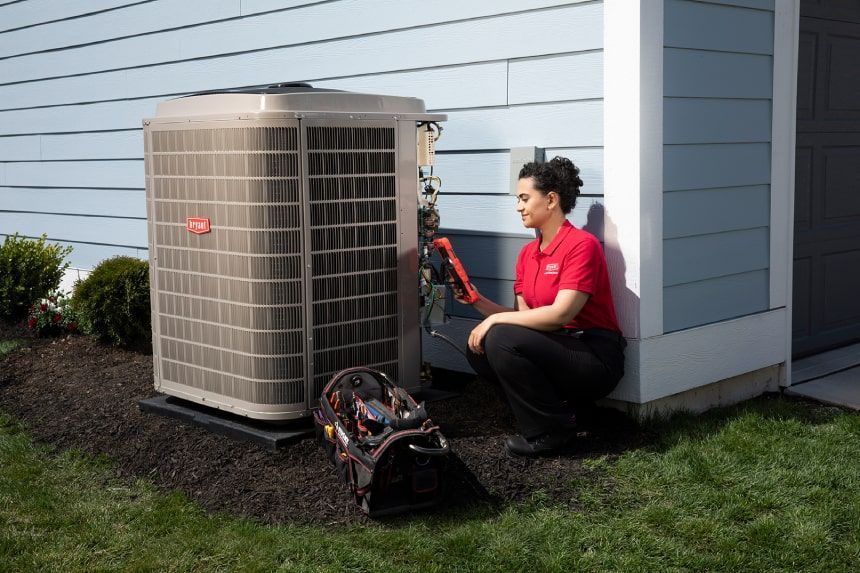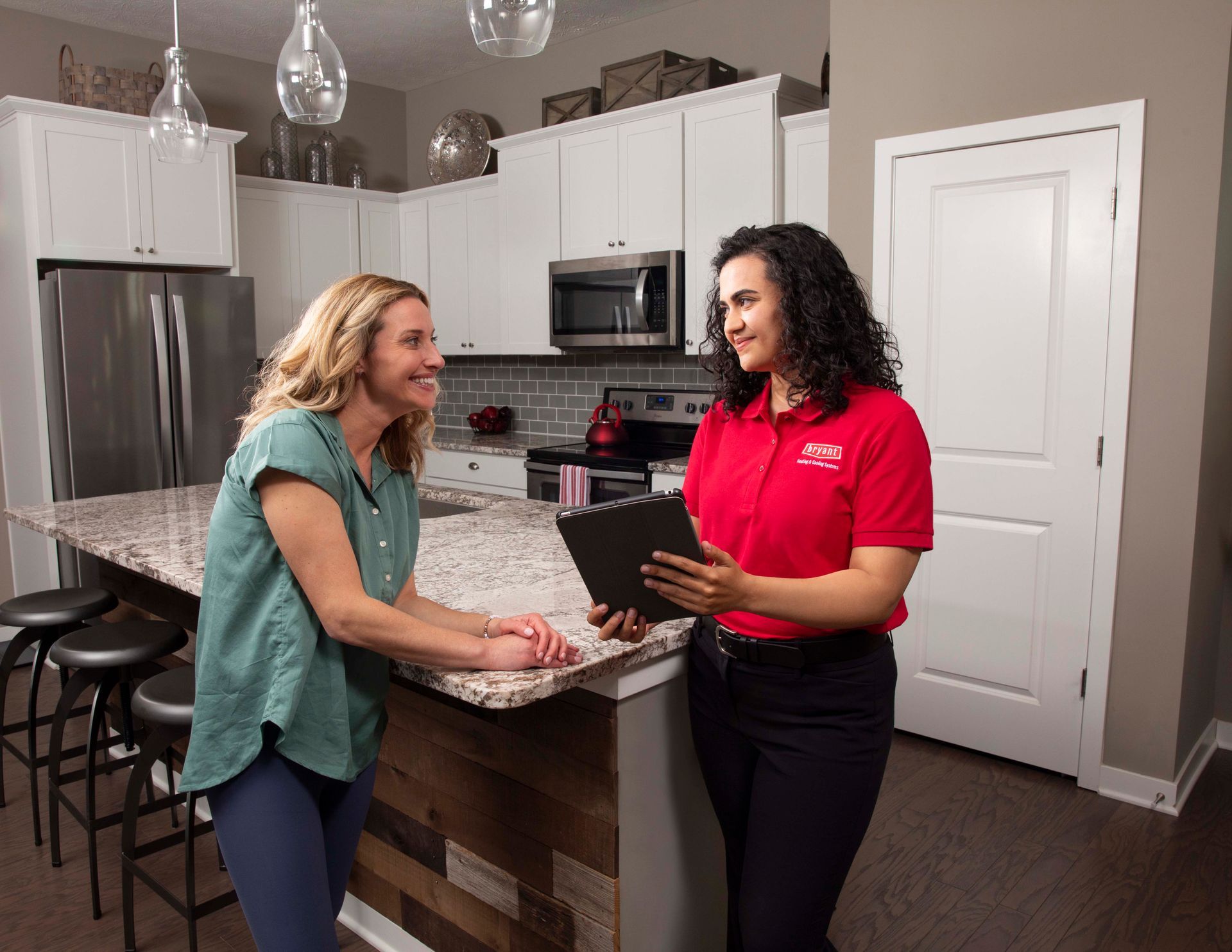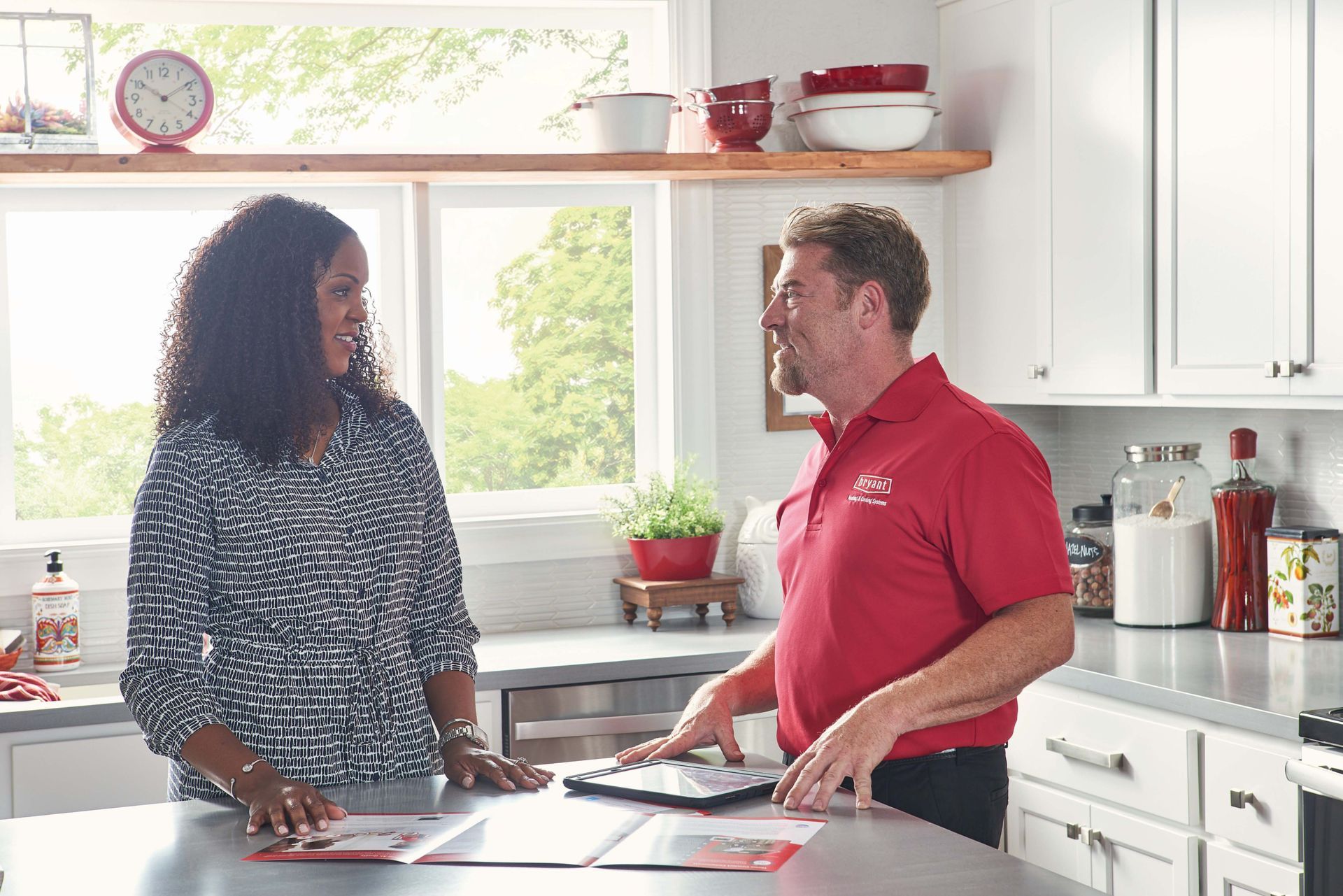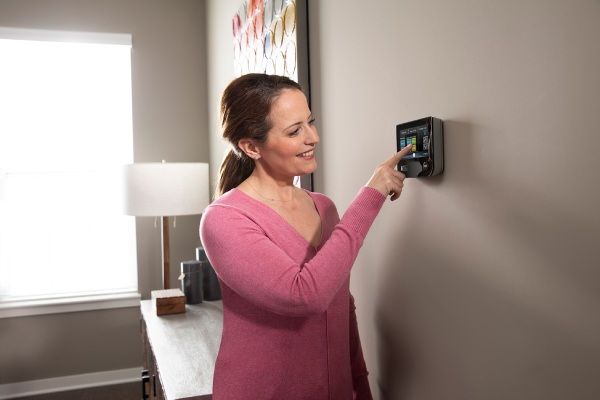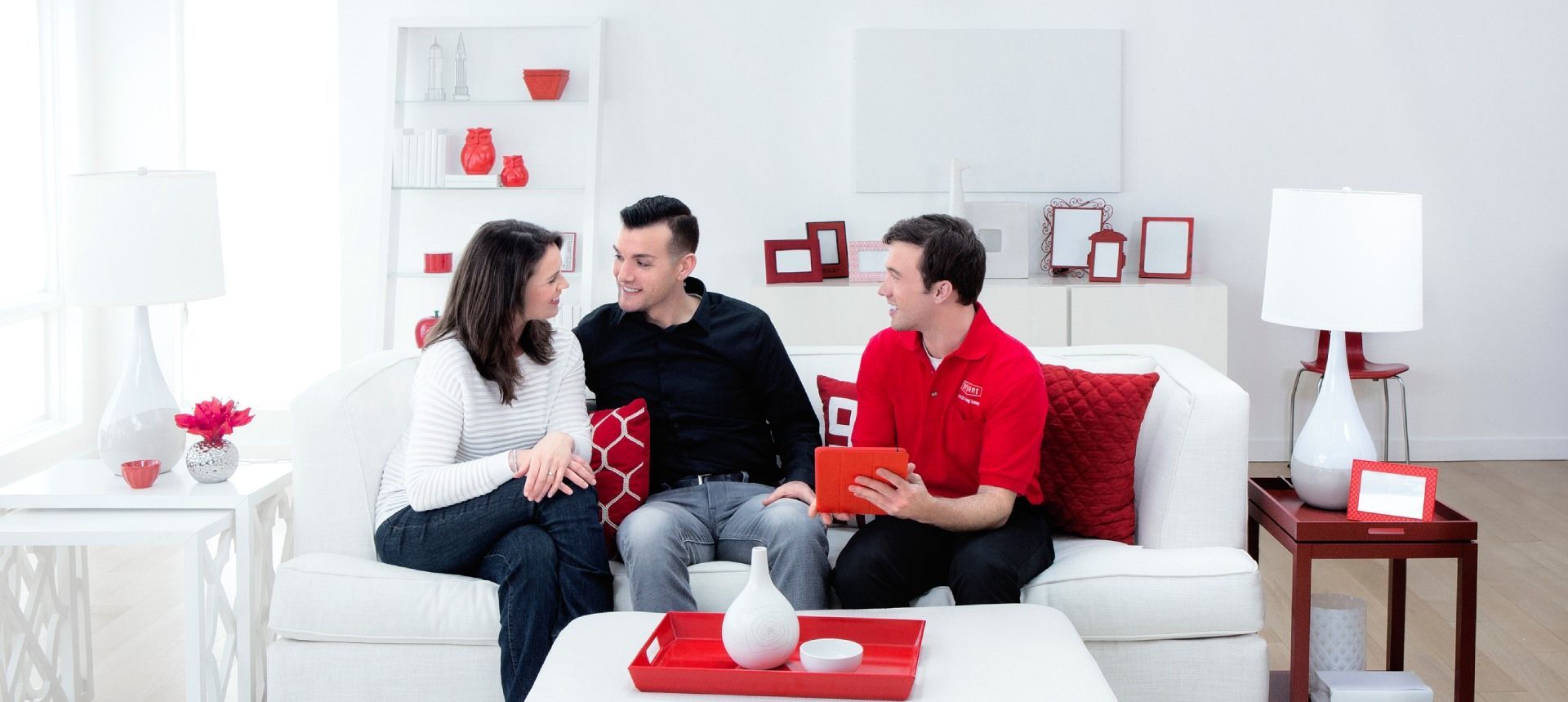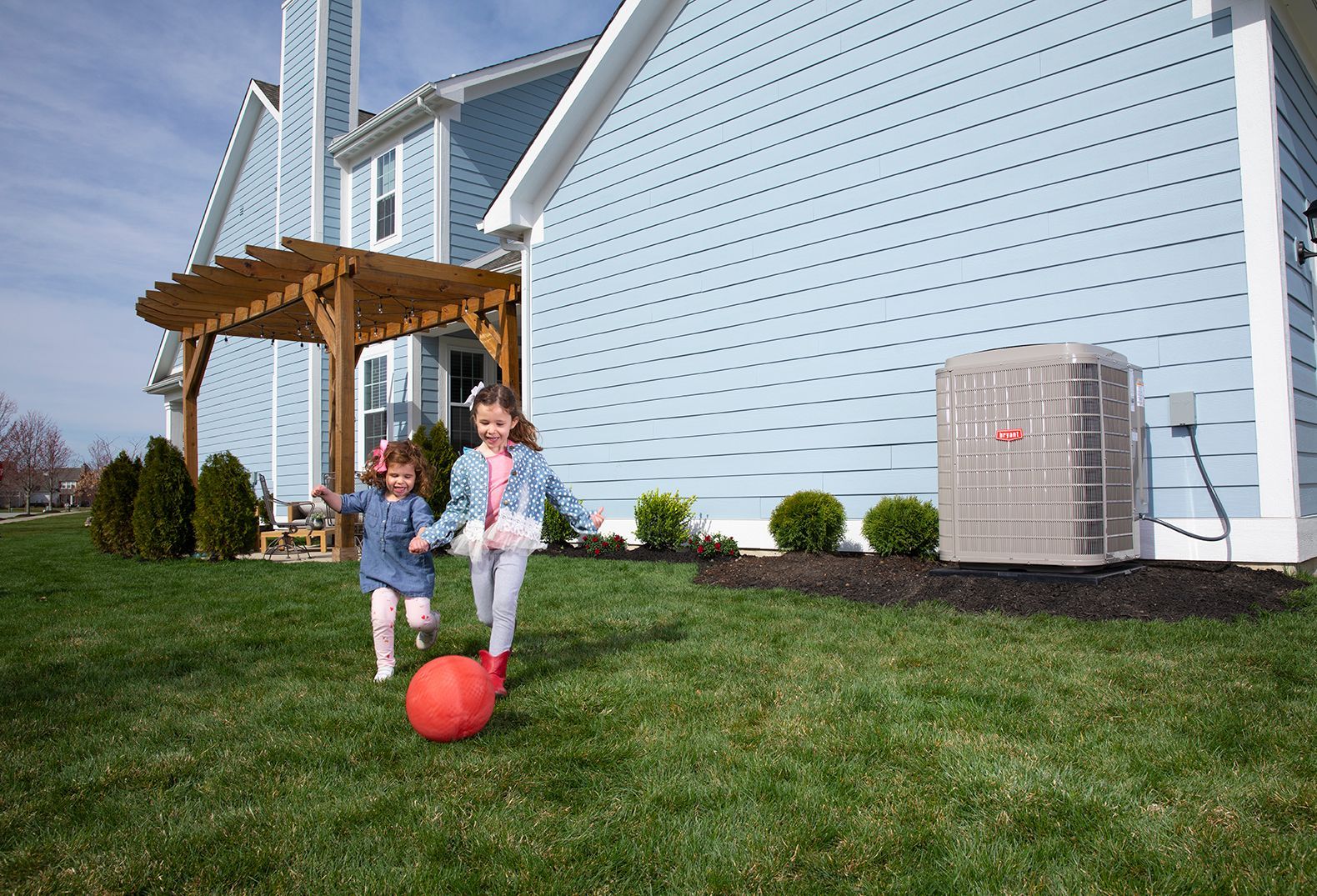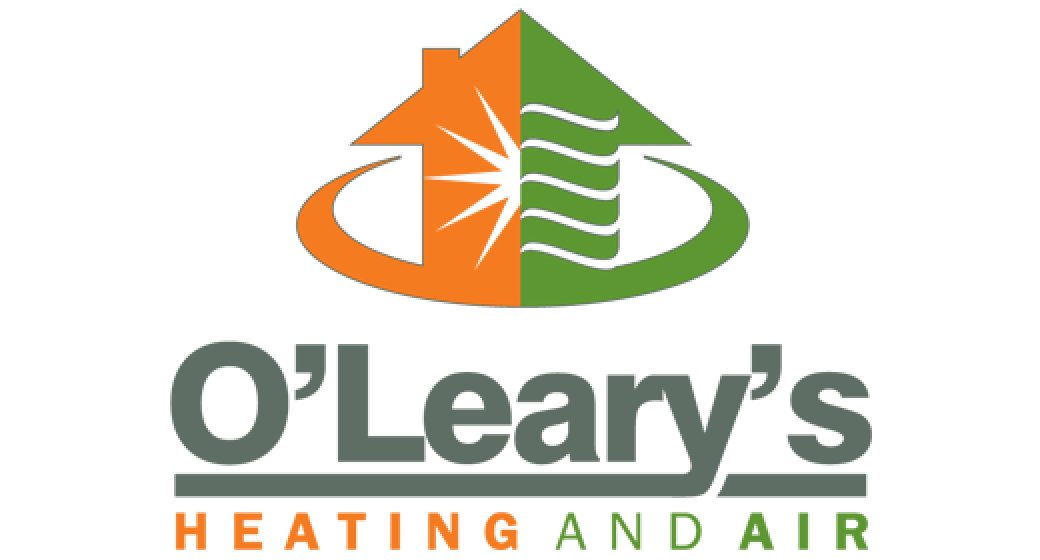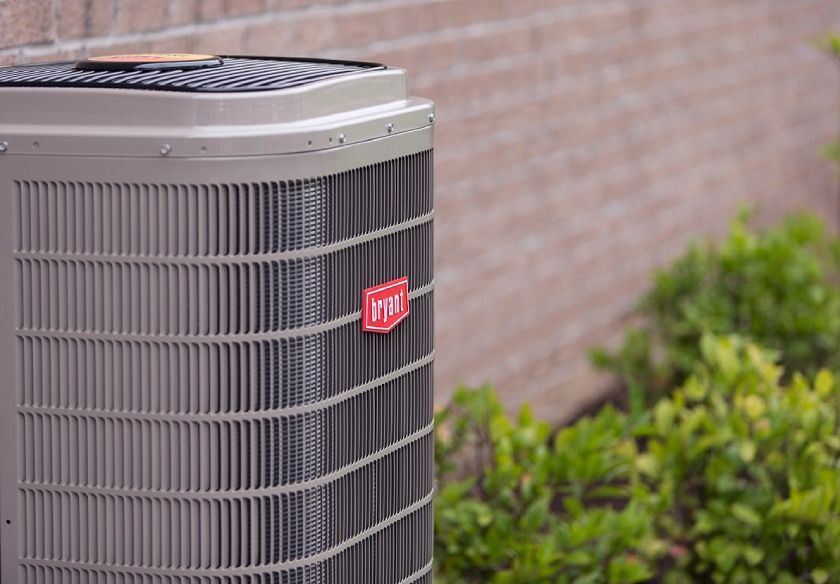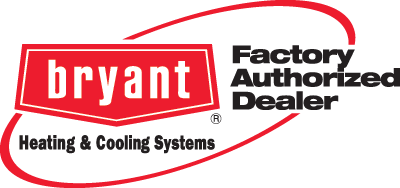January 24, 2025
What does HVAC stand for? HVAC (pronounced h-vack or spelled out) stands for Heating, Ventilating and Air Conditioning. The three functions of heating, ventilating, and air-conditioning are closely interrelated. All seek to provide thermal comfort, acceptable indoor air quality, and reasonable installation, operation, and maintenance costs. HVAC systems can provide ventilation, reduce air infiltration, and maintain pressure relationships between spaces. Your heating and air technician goes by the name of HVAC contractor, and can provide heating repair expertise. How does my heating and air conditioning system move air throughout my home? A fan draws indoor air in through vents called return grills located throughout your home. The air travels through ducts that run to your systems’ air handler, where it is returned into the conditioned space through supply vents or registers in your wall, ceilings or floors. How often should I replace the filter? There’s no one-size-fits-all answer. The frequency of filter changes is driven by how much your heating and air conditioning system operates, which is also driven by your individual climate. Start by checking the system’s filters at least once a month. Hold the used filter up to the light and compare it to a clean “spare.” When light is obscured by captured dust and dirt particles, the old filter should be changed. Keep a record for one year and then replace the filter on that basis. At a minimum, it is always a good idea to change filters at the start of the heating and cooling seasons and then in between according to your need. Also, it is a good idea to have your heating and air system checked at the beginning of heating and cooling season to insure proper operation. Why should I replace my working furnace or air conditioner? Although your present furnace or air conditioner may be working, if it is more than 12 years old you should consider replacing it with a new high efficiency system. A new heating and air conditioning system could save up to 50 percent on energy costs, and save you money in the long run on heating repairs. While these products save you money on your utility bills, they also offer a better degree of comfort within your home. We are replacing our AC unit this season, what advice can you give me? Replacing your system is one of the biggest financial decisions you will make. The reason for this is that the life expectancy of a system is around 12 years. When choosing a contractor, pick a company to install the unit based on quality and customer service, not solely on price. The name brand of the equipment is not as important as the installing contractor. Another thing to keep in mind when replacing a system is that the duct system you are connecting to is sealed tight with the proper amount of return air. With the new higher efficiency units, you also have to be careful that you replace your system with the proper sized unit so you don’t end up with a house that is cool but has high humidity. Do some homework, pick quality contractors, and find someone you trust and you will have a successful installation that will bring you years of comfort and the least amount of overall cost. What is the average life expectancy of equipment? Most systems have a lifetime of 10 to 20 years. As your equipment gets older, it’s efficiency can decrease dramatically. You may notice that it gets noisier and needs repairs more often. When a unit begins to show it’s age, you have two choices. You can overhaul the system or replace it. Because heating and cooling technologies improve over time, a new system designed with newer, more energy-efficient equipment makes sense, especially if your system is 10 or more years old. We can estimate the cost of a new system as well as a payback schedule that will show you how newer technology will pay you back in lower energy usage Can I just replace the outdoor unit on an older system to save money? No. Replacing only the outdoor unit will lower the efficiency of the unit. In fact, you can lose up to 15% of the unit’s efficiency! Even worse, your system may fail sooner than normal and most manufacturers’ warranties will be voided. You should always replace the indoor cooling coil with the outdoor unit. How can I reduce allergens and improve the air quality in my home? With a high efficiency air cleaner, you can remove up to 99% of the pollen and spores that find their way into the home. There is also a great reduction in household dust, dirt, smoke, and other air pollutants. Your indoor air will become cleaner and fresher while reducing the allergens and dust that circulate throughout the house. With a whole house humidifier, you can relieve the irritating discomfort of dry indoor air. The humidifier reduces itchy skin, scratchy throats, static electricity, and damage to your furnishings and woodwork. Since humid air feels warmer than dry air, you do not have to set the thermostat as high to feel the comfort you want. A lower thermostat setting will reduce the costs of your energy bill. At what temperature should I set my thermostat? Normal cooling settings are 75 degrees – 80 degrees. Normal heating settings are 68 degrees – 72 degrees. You should always set your thermostat to the highest possible setting that is comfortable for you in the summer, and the lowest comfortable setting in the winter. Setting your thermostat in this way will maximize your energy savings. On average, every 1 degree of temperature change is equal to about 1% energy savings. For example, changing your thermostat setting from 75 degrees to 76 degrees in the summer could result in savings on your cooling costs. Why should I buy Energy Star labeled equipment? The average home spends about $1,900 annually on energy bills. Heating and cooling accounts for as much as half of a home’s energy use. The EPA provides important recommendations for energy-efficient equipment, including proper sizing, quality installation and maintenance, and other home improvement considerations to help you get the most out of the heating and cooling products you purchase, save energy, and save as much as 20% annually on your total energy costs. ENERGY STAR qualified products prevent greenhouse gas emissions by meeting strict energy efficiency guidelines set by the U.S. Environmental Protection Agency (EPA) and the U.S. Department of Energy (DOE).
